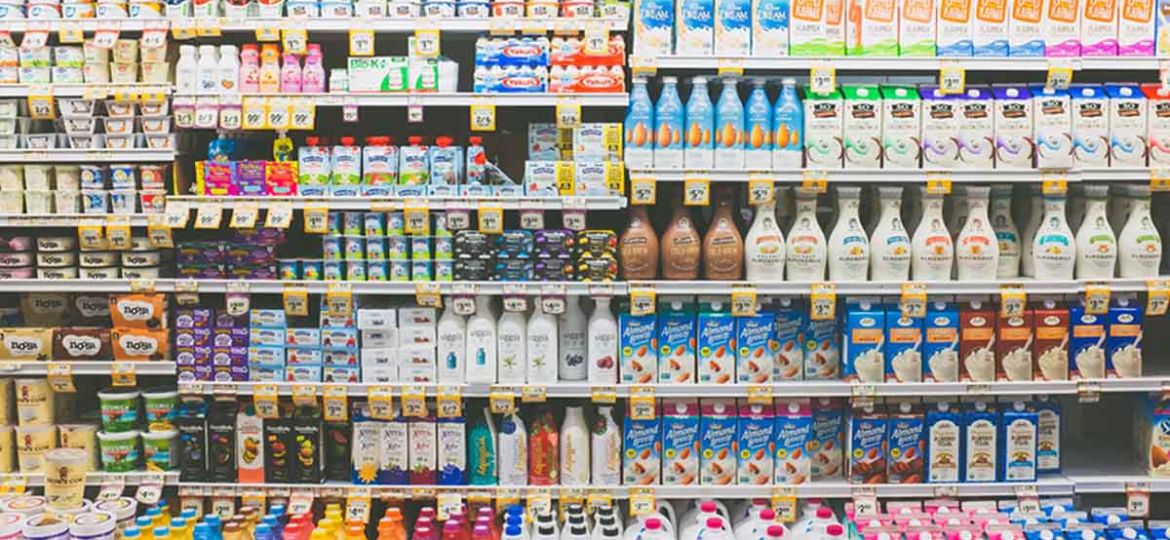
I Stopped having dairy, here’s why you should too
Cutting out dairy from your diet might be something your body will thank you for. Milk and dairy products can have a lasting detrimental impact on your health. In this article, we tackle the truth behind dairy and the reasons why you should avoid it.
1. It’s Full of harmful Saturated Fat
Milk and dairy are a leading source of saturated fat in most diets. Regular consumption of saturated fat can raise your cholesterol levels that later lead to clogged arteries. Because of this, all that saturated fat from consuming milk and dairy every day can increase your risk of developing heart disease.
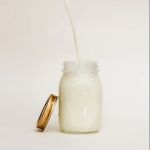

2. You Might Be Lactose Intolerant Without Even Knowing
Do you feel bloated whenever you eat dairy? Feel the need to go to the bathroom more? That might because you’re lactose intolerant. Some people experience signs and symptoms more than others. According to the National Institutes of health, 75% of the global population is lactose intolerant.
3. Milk is Associated with Certain Types of Cancer
You might be thinking that this is a little extreme, but this is a research-backed claim. Experts found a link between milk consumption and increased risk of developing prostate cancer in men. One study suggests that those who avoid milk due to lactose intolerance were less likely to develop lung, breast, and ovarian cancer.


4. You Don’t Need it for Bone Health
One of the main reasons why milk and dairy products became part of our diet is the belief that it makes for strong bones. But an analysis from the British Medical Journal debunked this. Experts did not find sufficient evidence to support this claim. In fact, one study even proved that milk consumption didn’t lower the risk of hip fracture in older adults. This proves that milk doesn’t contribute to bone mass and isn’t ideal for preventing problems later on.
5. You Don’t Actually Need It at All
With all the drawbacks of dairy, it’s quite clear that it isn’t the best source of nutrients for a proper diet. Plant-based food is your best option when it comes to better health. Your nutrient requirements can be met by eating fruits, vegetables, beans, and legumes as well as lean proteins.
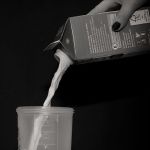
Convinced? Here are the Top Tips for Going Dairy-Free
✔ Make Sure to Check for Ingredients
Many processed foods at the grocery subtly contain dairy as an additive. Make sure to check the ingredients to avoid these. Here’s a list of what you should watch out for according to GoDairyFree.org:
- Ammonium Caseinate
- Calcium Caseinate
- Casein
- Caseinate (in general)
- Delactosed Whey
- Demineralized Whey
- Ghee
- Half & Half
- Hydrolyzed Casein
- Iron Caseinate
- Lactalbumin
- Lactoferrin
- Zinc Caseinate
- Lactoglobulin
- Nougat
- Paneer
- Potassium Caseinate
- Pudding
- Rennet Casein
- Sodium Caseinate
- Sweet Whey
- Whey
- Whey Powder
- Whey Protein Concentrate
- Whey Protein Hydrolysate
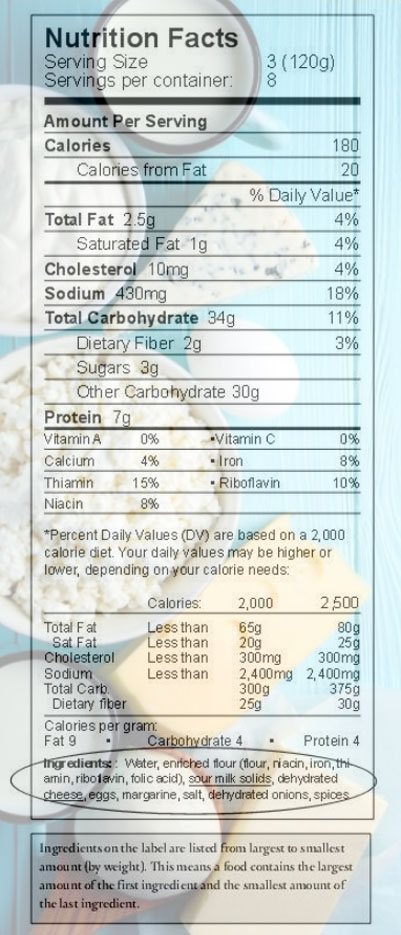
✔ Turn to Plant-Based Milk
Kinds of “milk” derived from plant-based sources like almonds, oats, cashew, hemp, peas, and hazelnuts make excellent alternatives. Nut milk, as they are called, is lower in fats and calories. These can be used in baking and cooking the same way as ordinary milk.
✔ Consume Better Sources of Calcium
While not enough studies can prove that calcium promotes strong bones, it’s still an essential mineral for our bodies. Many dairy-free options can meet your calcium requirement. These come in calcium-fortified food, leafy greens like spinach, soybeans, and fish.
✔ Look for Dairy-Free Alternatives
Again, plant-based is your best bet for butter, cheese, yogurt, and the like.
- Butter Alternatives: Coconut oil, olive oil, and avocado oil. These even come in a spreadable form at health stores.
- Cheese Alternatives: Blended cashews with nut milk and lemon juice for spreadable cheese. Other manufactured non-dairy options are also available.
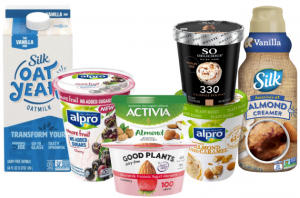
- Yogurt Alternatives: Store-bought options for non-dairy yogurt are made from cultured soy or coconut milk. Dairy-free greek yogurt alternatives are also available.
- Ice Cream Alternatives: Fruit based-sorbets, banana-based ice creams as well as those made from plant-based milk are great substitutes.
keep your body healthy with good habits like going dairy-free!
Challenge what you know about what benefits your body and what doesn’t. Check out BoostYourImmuneSystem.org to find out the proactive measures you can take towards health and wellness!


